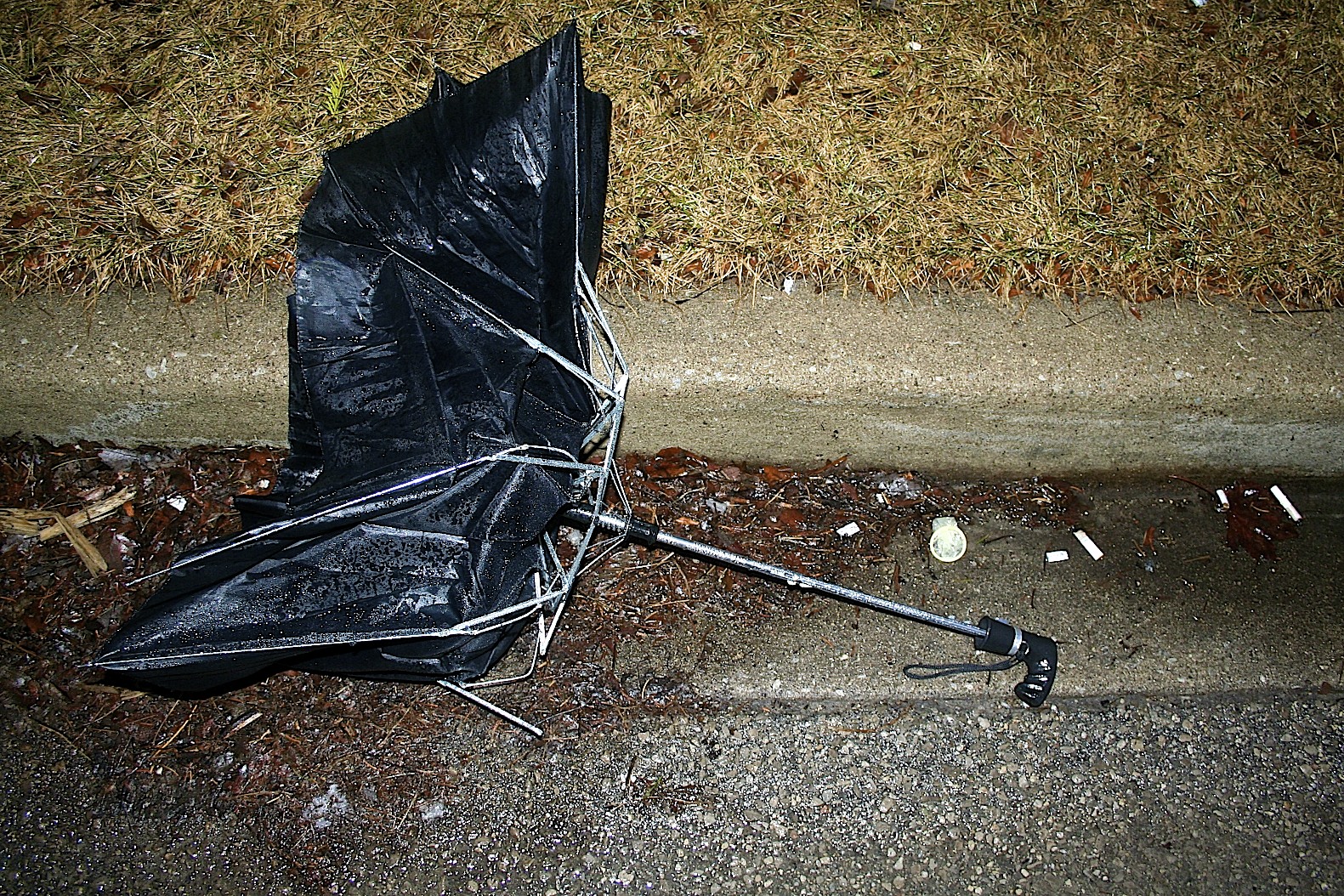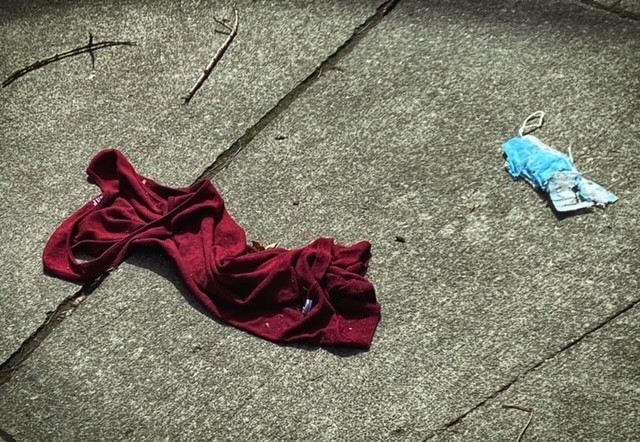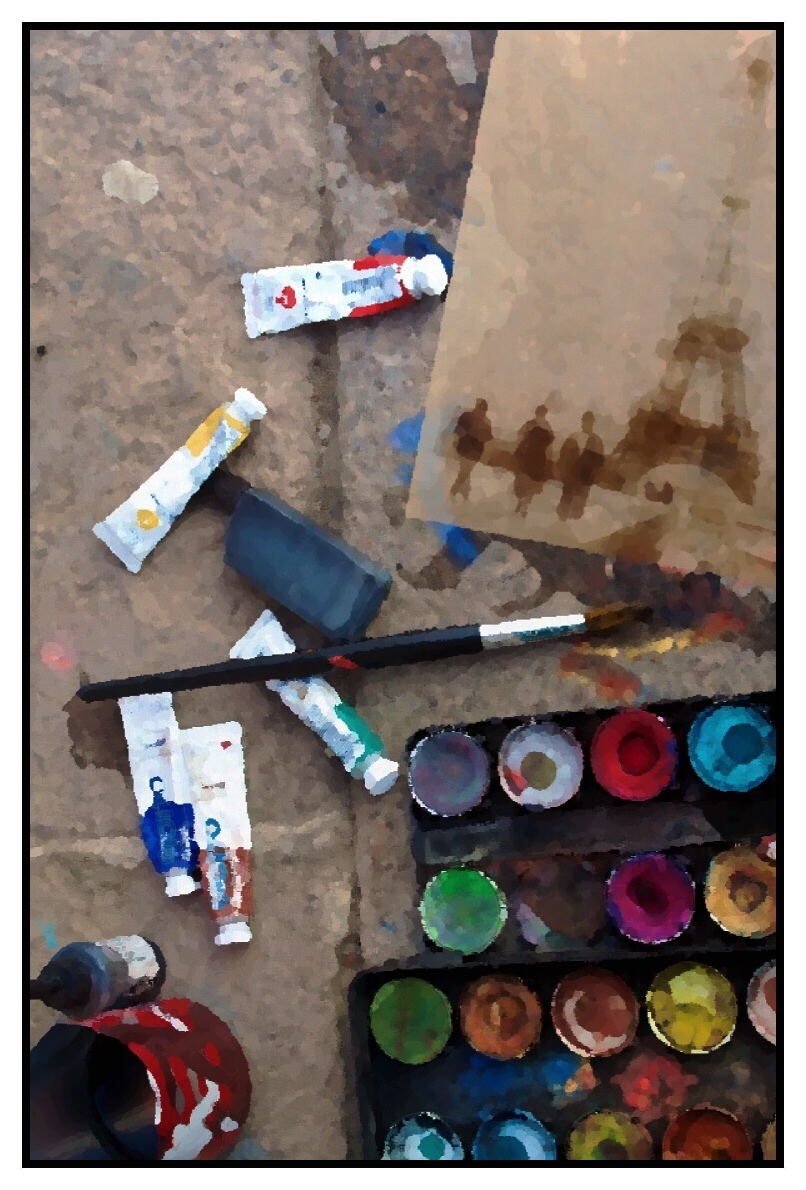Edge of darkness,
dusk signals the forthcoming night.
Fears settle, or are intensified.
As a child, my Mother called out my name;
a sign the evening was done.
City streetlights had just come on,
it was time to come home.
Dusk, then, signaled security
Twilight marked the beginning of the night for a teenager.
Time to spread seeds, share youthful conquests.
Adolescent dreams came alive.
Turn off the headlights.
We grow up at night,
learn the pleasures of another human’s body;
young women (or older)
who will, in many ways, turn you
into an man.
By nature, and by choice, you discover how
your body fits into another.
After dusk you learn
the secrets of the night. And responsibility.
Morning’s light will bring a new reality.
It was not always what your mother said it was.
© 2022 j.g. lewis




